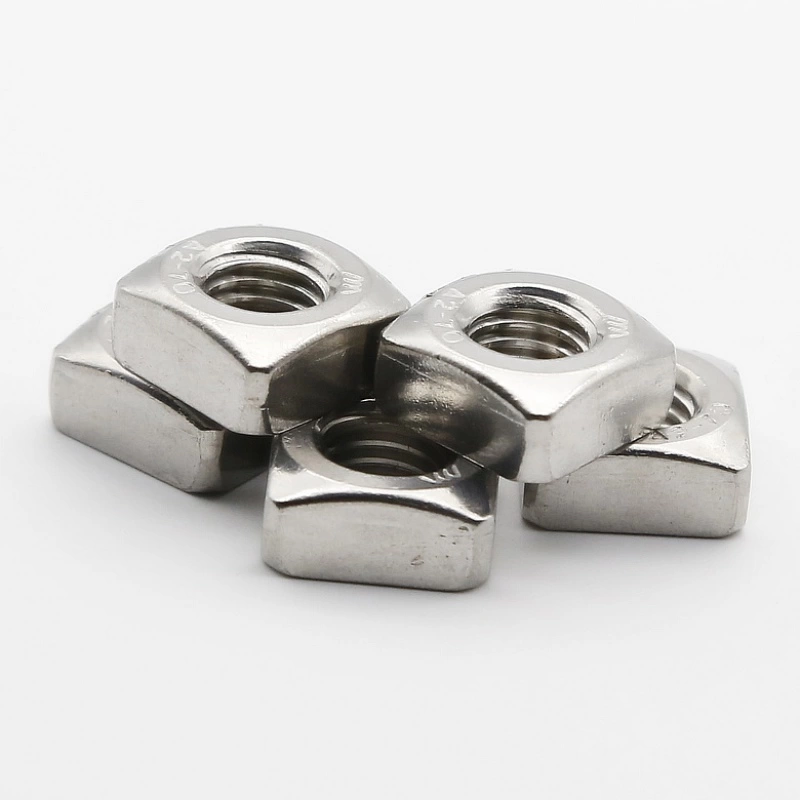

types of anchor bolts for concrete
Nov . 24, 2024 10:52 Back to list
types of anchor bolts for concrete
Types of Anchor Bolts for Concrete A Comprehensive Guide
Anchor bolts are critical components used in construction to secure structural elements to concrete foundations. They provide stability and support, ensuring that structures can withstand various loads and environmental conditions. Understanding the different types of anchor bolts available can help engineers and builders make informed decisions when designing and constructing buildings, bridges, and other infrastructures. This article will explore the most common types of anchor bolts used in concrete applications.
1. Bent Anchor Bolts
Bent anchor bolts are designed with a hooked end that helps secure them firmly in place. This unique shape prevents the bolt from pulling out of the concrete, making it suitable for applications where high tension is involved. Bent anchor bolts are typically used in heavy machinery installations, large structural supports, and various industrial settings.
2. Straight Anchor Bolts
Straight anchor bolts are simply long rods with a threaded tip at one end and are typically embedded into concrete during the curing process. They serve as a robust fastening point for machinery, equipment, or structural components. Straight anchor bolts are commonly used in civil engineering projects, such as bridges and buildings, where reliable anchoring is crucial.
3. Expansion Anchor Bolts
Expansion anchor bolts work by expanding against the sides of the drilled hole in the concrete when tightened. This mechanical action creates a secure connection between the bolt and the concrete. Expansion bolts are particularly useful for projects where the bolt may need to be removed or adjusted, making them a versatile choice in many applications. They are often used in both temporary and permanent installations.
types of anchor bolts for concrete

Epoxy-coated anchor bolts are designed to resist corrosion and environmental damage. The epoxy coating provides a protective layer that enhances the longevity of the bolt, making it ideal for use in harsh conditions, such as coastal areas or industrial environments. These bolts are commonly used in marine applications, bridges, and outdoor structures where exposure to moisture and other corrosive elements is a concern.
5. Sleeve Anchor Bolts
Sleeve anchor bolts are a type of expansion bolt, but they include a sleeve that expands when the bolt is tightened. This design provides increased holding power in concrete and masonry materials. Sleeve anchors are versatile and can be used in a variety of applications, including the attachment of fixtures, brackets, and other structural elements to walls or ceilings.
6. Post-Installed Anchor Bolts
Post-installed anchor bolts are installed after the concrete has cured. They require a hole to be drilled into the concrete, followed by the insertion of the anchor bolt. These bolts come in various designs, including epoxy-set anchors and mechanical anchors. Post-installed bolting is frequently employed in renovation projects, where existing concrete must be retrofitted for new loads or structures.
7. Chemical Anchor Bolts
Chemical anchor bolts utilize a bonding agent, such as epoxy or a similar adhesive, to secure the anchor in the concrete. This method provides exceptional load-bearing capacity and can be used in various concrete types, including cracked and uncracked concrete. Chemical anchors are perfect for high-stress applications and are commonly seen in seismic retrofit projects.
Conclusion
Choosing the right type of anchor bolt is essential for the success and longevity of any construction project involving concrete. Each type has its unique benefits and applications, catering to specific structural needs and environmental conditions. By understanding these various anchor bolts, builders and engineers can ensure that their structures are safely and securely anchored, providing peace of mind and stability for years to come. Whether dealing with heavy machinery, structural supports, or renovation projects, the right anchor bolt plays a vital role in achieving structural integrity.
Latest news
-
Hot Dip Galvanized Bolts-About LongZe|High Strength, Corrosion Resistance
NewsJul.30,2025
-
High-Strength Hot Dip Galvanized Bolts - Hebei Longze | Corrosion Resistance, Customization
NewsJul.30,2025
-
Hot Dip Galvanized Bolts-Hebei Longze|Corrosion Resistance&High Strength
NewsJul.30,2025
-
High-Strength Hot-Dip Galvanized Bolts-Hebei Longze|Corrosion Resistance&High Strength
NewsJul.30,2025
-
Hot Dip Galvanized Bolts-Hebei Longze|Corrosion Resistance&High Strength
NewsJul.30,2025
-
Hot Dip Galvanized Bolts - Hebei Longze | Corrosion Resistance, High Strength
NewsJul.30,2025

